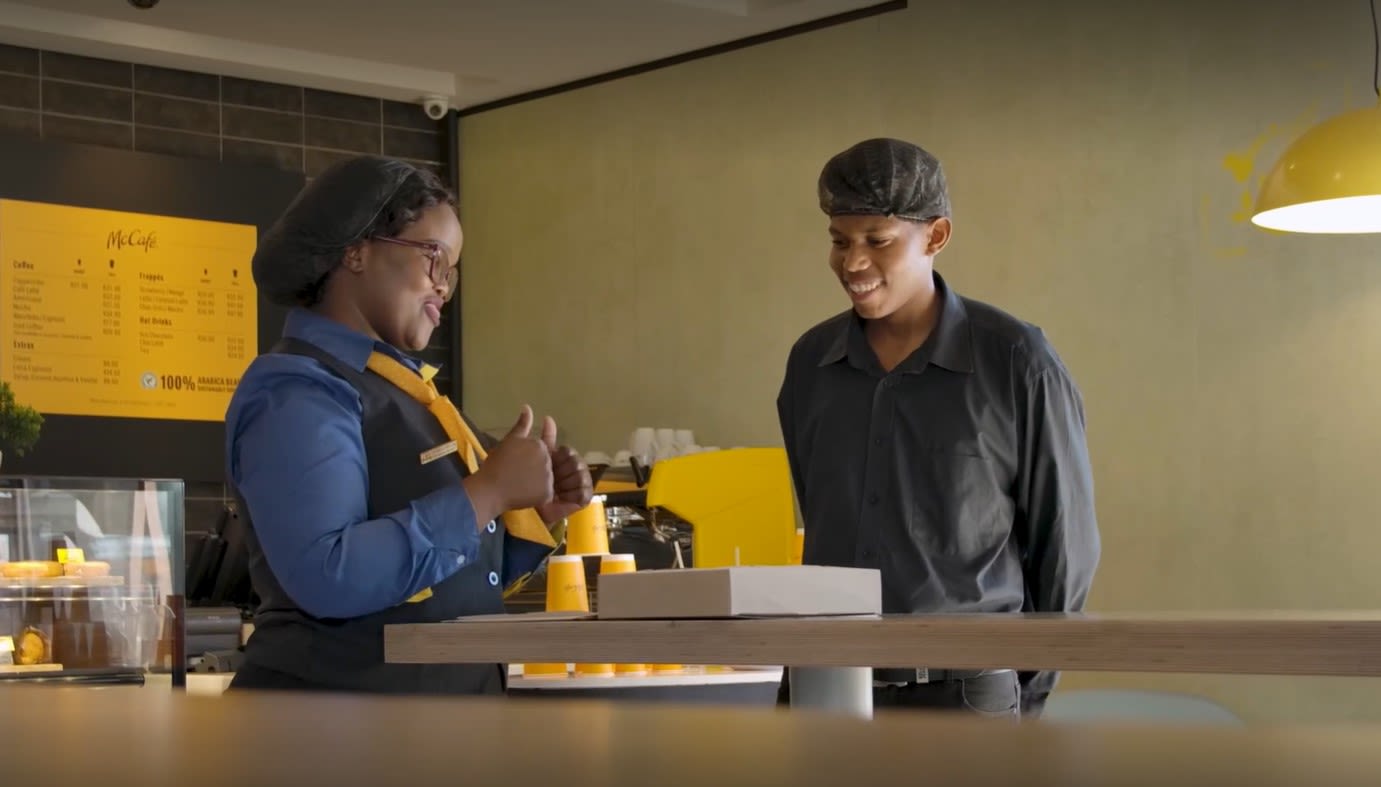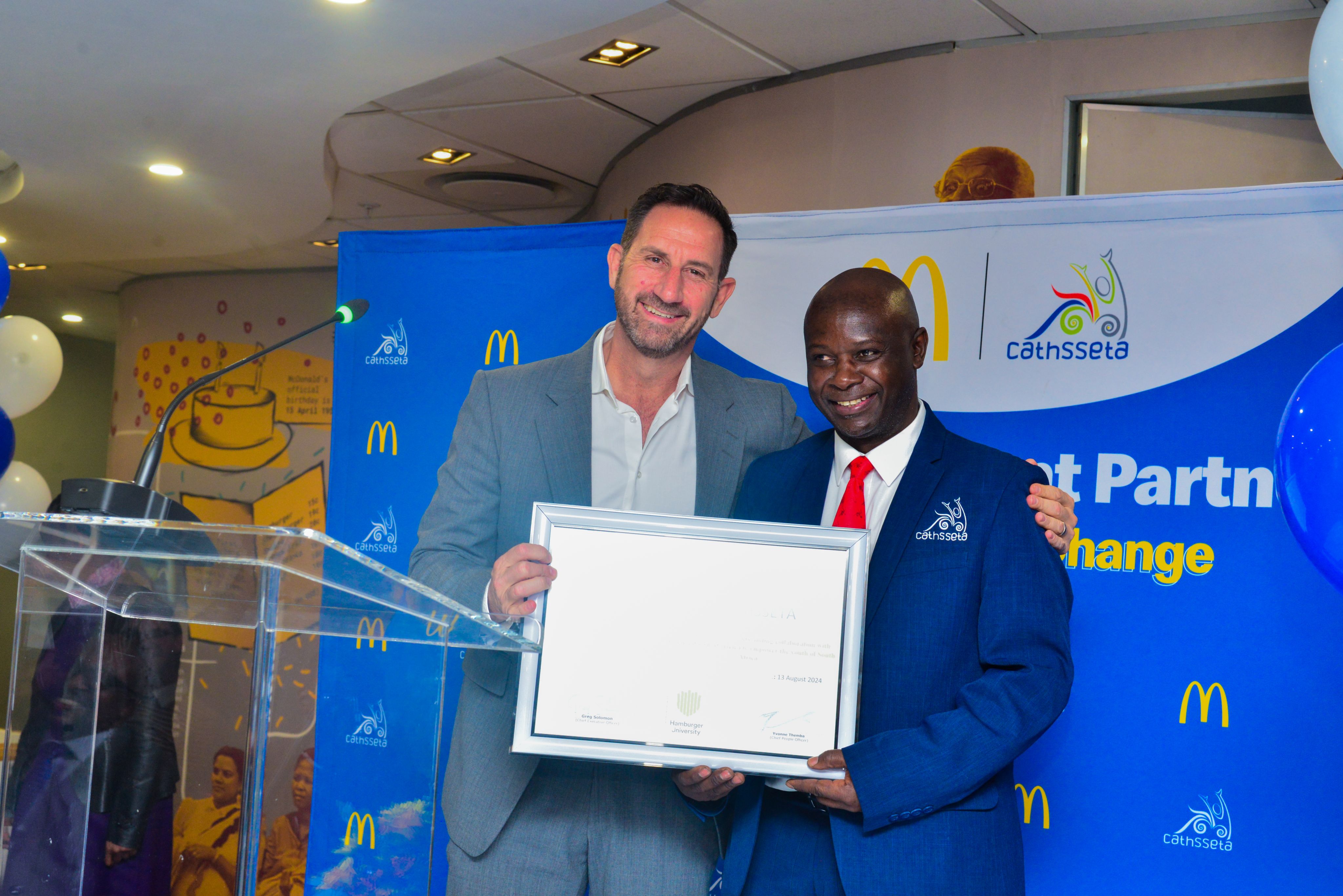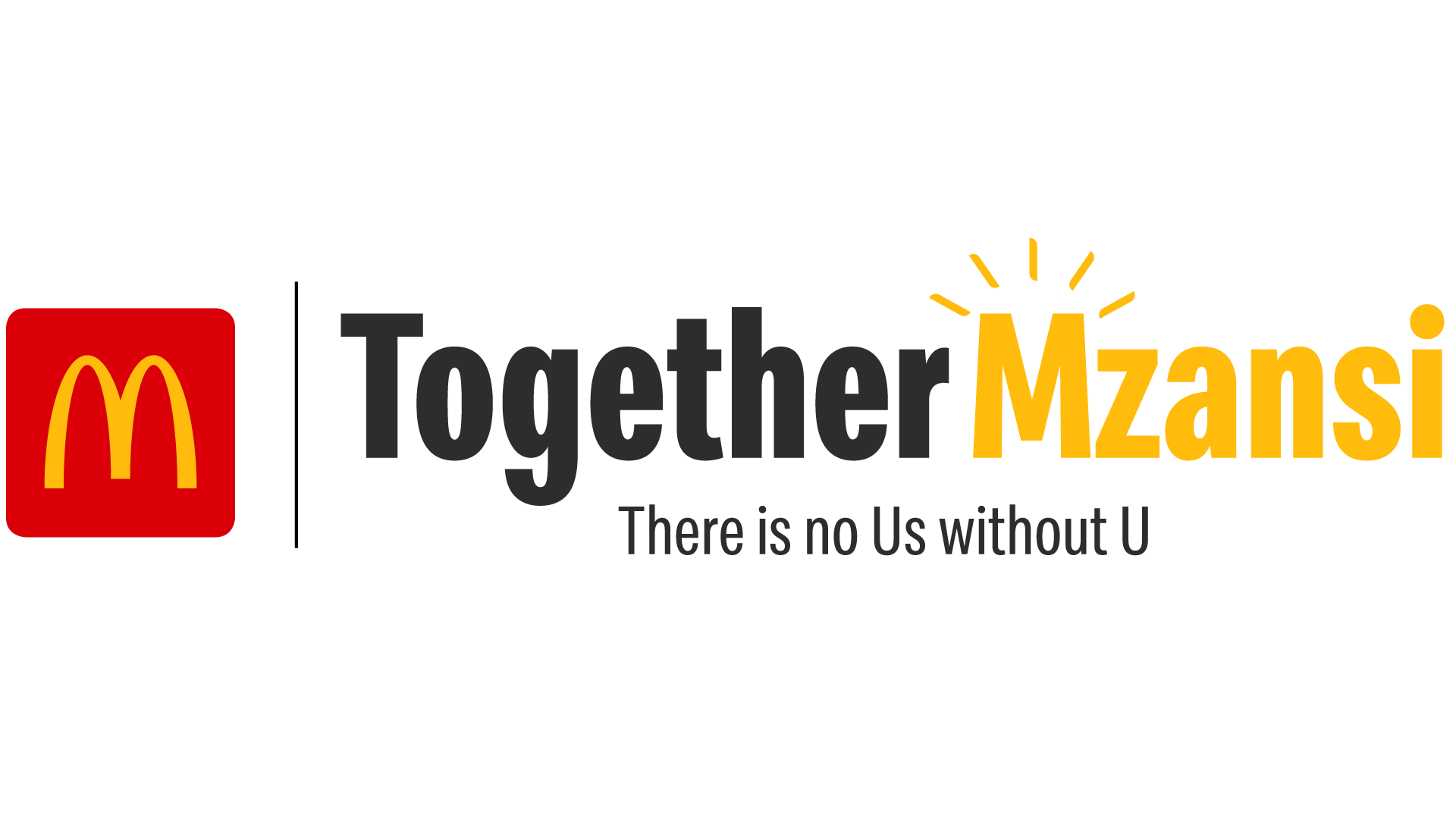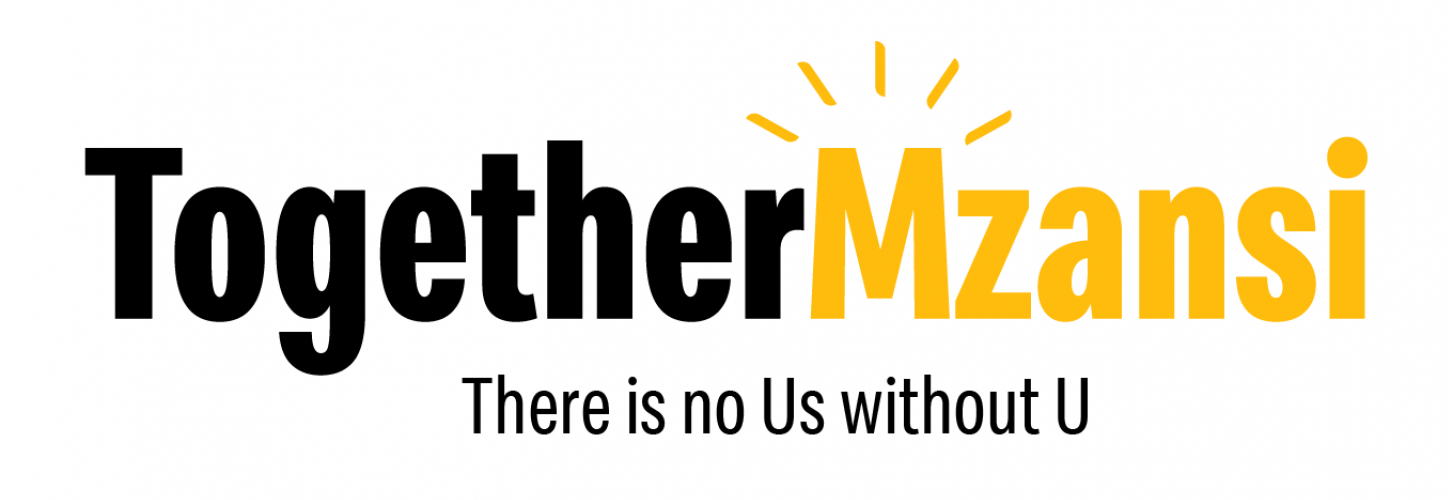Serving jobs: McDonald’s teams up with CATHSSETA to boost employment opportunities

In a bold move to help tackle South Africa’s high youth unemployment rate, McDonald’s South Africa has teamed up with the Culture, Arts, Tourism, Hospitality, and Sport Sector Education and Training Authority (CATHSSETA). The goal? To equip 1 400 unemployed youths with practical skills and open new career opportunities in the growing hospitality sector.
It’s a stark reality. South Africa’s current unemployment rate is 33.5%, leaving 8.4 million people without jobs. Of the 10.3 million young people between 15 and 24, about 3.6 million (35.2%) are neither employed, studying, nor training. But there’s good news – McDonald’s South Africa and CATHSSETA are working together to develop a forward-thinking solution aimed at creating job opportunities for the youth of South Africa.
A partnership for progress
Recognising the need for practical skills development, McDonald’s South Africa has partnered with CATHSETTA. Together, they will train 1 400 unemployed youths through a Hospitality Learnership Programme.
Part of CATHSSETA’s role and mandate is to develop and implement a sector skills plan, which identifies industry trends and gaps across various industries and sets priorities for skills development. Additionally, CATHSSETA is responsible for overseeing and supporting training by allocating mandatory and discretionary grants to qualifying stakeholders. These grants are funded by the levies paid by employers, and play a significant role in driving skills development and training initiatives.
Every month, employers pay 1% of their payroll to the South African Revenue Service (SARS).
“Of that, CATHSSETA receives 80% for administration costs and grants, while the remaining 20% goes to the National Skills Fund," Marks Thibela, Chief Executive Officer at CATHSSETA, explains.
According to Greg Solomon, Chief Executive Officer at McDonald’s South Africa, hospitality isn’t one of the top 10 learnerships people usually talk about.
“The unemployment numbers among the youth are staggering, and as a responsible corporate citizen, we identified the need to bring CATHSSETA into the youth employment conversation,” he says. “It was a meeting of minds, as their priority is skills development.”
McDonald’s and CATHSSETA have also teamed up with JOBJACK, a tech recruitment platform that automates the recruitment process to make recruitment easier and, importantly, understands the technological preferences of Gen Z.

Gearing up for success
Ongoing skills development plays an important role in reducing unemployment. At the heart of this joint initiative is Hamburger University, McDonald’s global training centre located at their head office in Johannesburg. This world-class facility, one of only nine in the world, was established to offer employees the best hospitality training available. Hamburger University teaches skills needed for restaurant operations, focusing on quality, service, cleanliness and value, which helps teams perform at their best.
The programme includes both in-classroom and on-the-job training, covering topics like Occupational Health, Safety and Security, Business Communication and Business Finance. During the 18-month training programme, learners will receive a monthly stipend, and earn UIF and Disability Leave. So far, McDonald’s has enrolled 1 200 candidates in the learning programme, who are expected to graduate in 2025.
The overwhelming response – 9 000 applicants for 1 400 spots – indicates a pressing need for job creation and skills training.
“We partnered with Training Force, a reputable training provider, to deliver industry - and job-specific skills assessments and training interventions,” says Solomon.
By giving young people the skills they need, McDonald’s and CATHSSETA are helping them become more employable and ready for a changing job market. This initiative not only benefits individuals, but also helps strengthen South Africa’s economy by addressing the critical need for job creation.

A future-focused vision
Looking to the future, McDonald’s is helping build a sustainable foundation for a skilled workforce that aligns with the National Skills Development Plan 2030. The fast-food giant is committed to training more than just the original 1 400 learners, ensuring this programme has a long-term impact.
Buti Manamela, Deputy Minister of Higher Education, says it’s important for the private sector to get involved with these types of initiatives.
“The education system plays a vital role, but we need private sector support to provide practical experience, which is often the missing link for many graduates."
Manamela encourages other Sector Education and Training Authorities and the hospitality sector to follow McDonald’s lead.
“We must continue working with the private sector to provide young people with the skills needed for sustainable employment and potential entrepreneurship opportunities,” he says.




